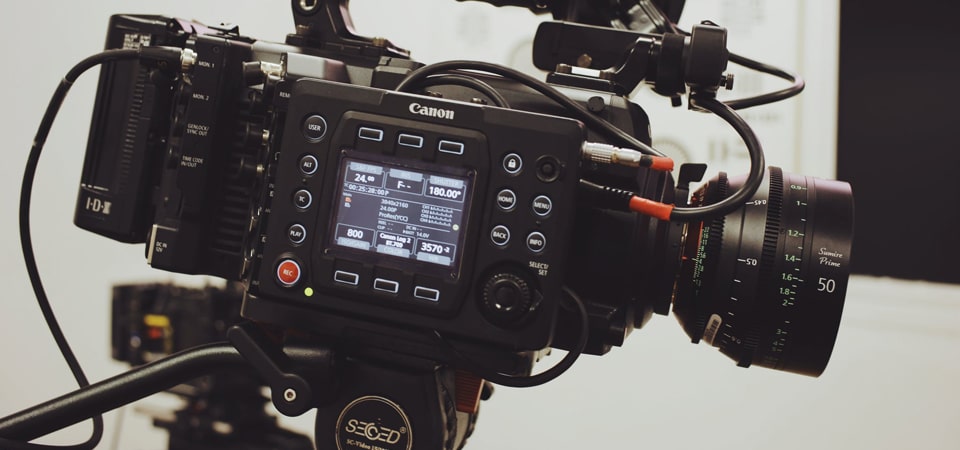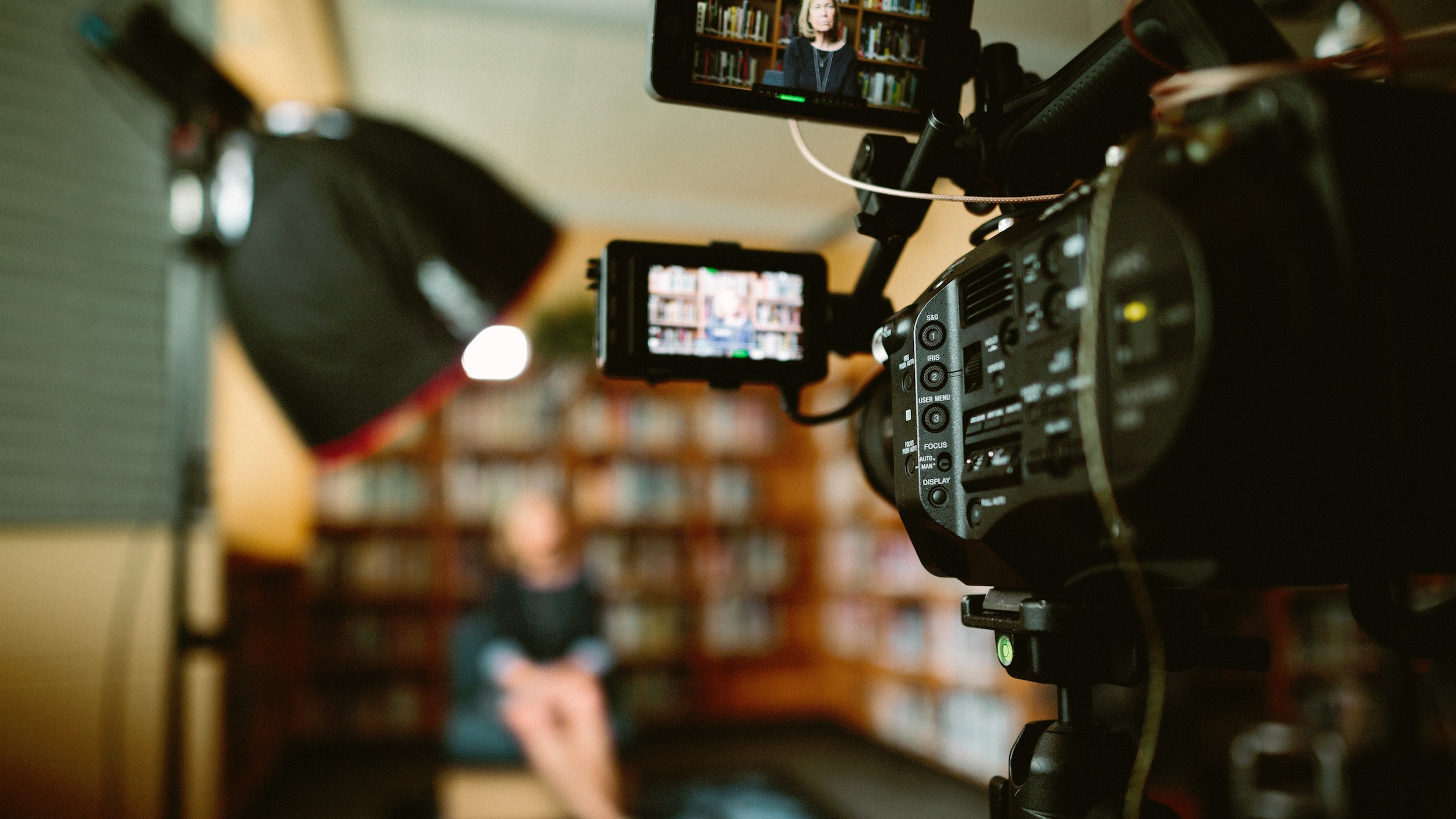Streamline Your Lawful Process: Dynamic Court Reporting Durham
Streamline Your Lawful Process: Dynamic Court Reporting Durham
Blog Article
Opening the Keys of Court Coverage: A Comprehensive Summary
Court reporting, frequently seen as a very discreet occupation within the legal area, holds a riches of ins and outs that remain veiled to many. The meticulous work of stenotype reporter goes much past recording spoken words; it acts as the backbone of lawful process, ensuring precision and maintaining the essence of every court room exchange. From the historical advancement of court reporting to the innovative technologies improving the landscape, an extensive understanding of this profession reveals a globe where precision, versatility, and keen interest to detail assemble. In this overview, we will certainly unravel the layers of court coverage, shedding light on its crucial skills, the duty of innovation, and the myriad profession paths it provides.
History of Court Coverage

One crucial minute in the background of court coverage was the intro of stenography in the mid-19th century, reinventing the profession by allowing reporters to capture talked words at high rates. This technology significantly enhanced the accuracy and performance of court documents, leading the way for contemporary court reporting methods.
Throughout history, stenotype reporter have adjusted to technological developments, transitioning from hand-operated shorthand to stenotype equipments and currently to computer-aided transcription systems. These advancements have not only boosted the rate and accuracy of transcriptions but have likewise broadened the range of services used by stenotype reporter in legal, educational, and corporate settings. COURT REPORTING DURHAM. The development of court reporting remains to shape the occupation and its indispensable duty in the lawful system
Crucial Abilities for Court Reporters
Court reporters have to have a diverse array of skills to efficiently capture and transcribe spoken words in legal procedures with accuracy and performance. This skill allows court reporters to keep up with hectic dialogue in courts.

Additionally, stenotype reporter require exceptional concentration and emphasis to maintain precision throughout prolonged legal proceedings. They must additionally possess remarkable time-management abilities to satisfy tight deadlines for providing transcripts. Generally, a combination of technological, linguistic, and cognitive abilities is necessary for stenotype reporter to succeed in their occupation.
Technology in Court Reporting
Welcoming technological innovations has revolutionized the area of court coverage, improving efficiency and accuracy in recording and transcribing legal process. Among the most substantial technical developments in court coverage is the fostering of stenotype devices. More about the author These equipments allow stenotype reporter to transcribe talked words into written text at unbelievably high speeds, making sure that all details of the legal process are accurately videotaped. In addition, the assimilation of real-time reporting software program has even more this content structured the process by offering immediate translations of stenotype shorthand into legible text on a computer display.
Furthermore, the usage of electronic recording tools has actually ended up being progressively common in court reporting. This technology permits audio recordings of process to be recorded and later on transcribed by stenotype reporter. While digital recordings can function as a valuable back-up, the expertise of a court press reporter in recording nuances, tone, and non-verbal cues remains very useful in generating dependable and exact records. COURT REPORTING DURHAM. In general, the integration of modern technology in court coverage continues to boost the occupation, making the process more reliable and accurate.
Relevance of Accuracy in Records
The accuracy and reliability of court coverage transcripts play an essential role in protecting the integrity of legal proceedings and making sure an accurate record of occasions. Court transcripts function as crucial paperwork for future referral, charms, and the management of justice. Precision in transcripts is extremely important as even the tiniest error can have significant consequences on court cases, possibly bring about misinterpretations, mistrials, or unfair end results. Stenotype reporter should catch verbatim what is claimed throughout proceedings, including nuances in tone, stops briefly, and disturbances, to give a faithful account of the dialogue.
Precise records assist in the preparation of briefs, allures, and legal strategies, making certain that all celebrations have accessibility to a reputable record of the procedures. The role of court press reporters in maintaining precision in transcripts is crucial to maintaining the principles of justice and due process.
Career Opportunities in Court Reporting
Discovering the field of court coverage unveils a myriad of appealing career chances for people with a keen eye for information and remarkable paying attention skills. Stenotype reporter play a crucial function in lawful proceedings by producing exact verbatim transcripts of spoken discussion, depositions, hearings, and other events. This specialized skill read this set opens doors to varied occupation paths past traditional court setups.
One prominent profession choice for court press reporters is operating in the judicial system. Numerous court press reporters locate employment in federal or state courts, making sure that authorities documents are meticulously tape-recorded and preserved. In addition, possibilities exist in freelance court reporting, where professionals service a legal basis for law office, federal government firms, or private corporations.
Furthermore, the demand for closed captioning services has surged with the increase in on the internet video material and live broadcasts. Stenotype reporter with experience in real-time captioning can seek jobs in tv, webcasting, and live occasion captioning. This field supplies a vibrant job atmosphere and the possibility to make media much more available to diverse audiences. Overall, a career in court coverage assures security, growth, and the complete satisfaction of contributing to the legal and media sectors.
Final Thought
Finally, court reporting is an essential occupation that requires specialized abilities and training. With a background dating back centuries, court press reporters play a critical function in accurately recording legal proceedings. Using technology has actually transformed the field, boosting efficiency and precision in transcribing court process. As demand for stenotype reporter remains to expand, individuals with the necessary abilities and dedication can discover fulfilling occupation opportunities in this area.
Having advanced over centuries, the history of court coverage mirrors the important duty this profession has actually played in preserving legal process. The evolution of court coverage proceeds to form the career and its essential duty in the legal system.
Accepting technical advancements has changed the field of court reporting, boosting efficiency and accuracy in catching and recording legal procedures.The accuracy and reliability of court coverage transcripts play an essential function in preserving the stability of legal procedures and ensuring a precise record of events. Lots of court press reporters locate work in government or state courts, ensuring that official records are carefully taped and kept.
Report this page